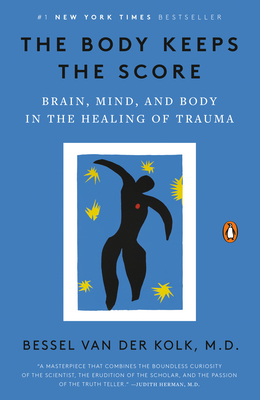
Barnhart Concise Dictionary of Etymology
Description
"[A] combination of readability with scholarship. . . of exceptional quality." —American Library Association (Reference Books Bulletin)
As all lovers of language know, words are the source of our very understanding of ourselves and the world around us.
Often, however, our use of language is so automatic that we neglect to consider where those words came from and what they assume. What are the implications, beyond the simple dictionary definitions, of using words such as privilege, hysteria, seminal, and gyp?
Browsing through the pages of The Barnhart Concise Dictionary of Etymology is like exploring the historical, political, and rhetorical wonderland of our linguistic heritage. We see the evolution of ideas, as root word connections that now seem arbitrary are traced to schools of thought from the past. We also find an opportunity to examine how the sometimes backwards, sometimes hilarious, and sometimes illuminating ideologies built into our language affect our modern thinking.
Written in a fresh, accessible style, The Barnhart Concise Dictionary of Etymology provides the derivations of over 21,000 English-language words without resorting to the use of abbreviations, symbols, or technical terminology. Drawing on the most current American scholarship, and focusing on the core words in contemporary English, this fascinating book is both a diverting browse and a thinking person's Bible.
Praise for Barnhart Concise Dictionary of Etymology
"[A] combination of readability with scholarship. . . of exceptional quality." — American Library Association (Reference Books Bulletin)
"Avoiding abbreviations and technical terminology, and gracefully blending linguistic and historical fact based on the most current American scholarship. . . . For scholar and lay reader alike." — Library Journal

